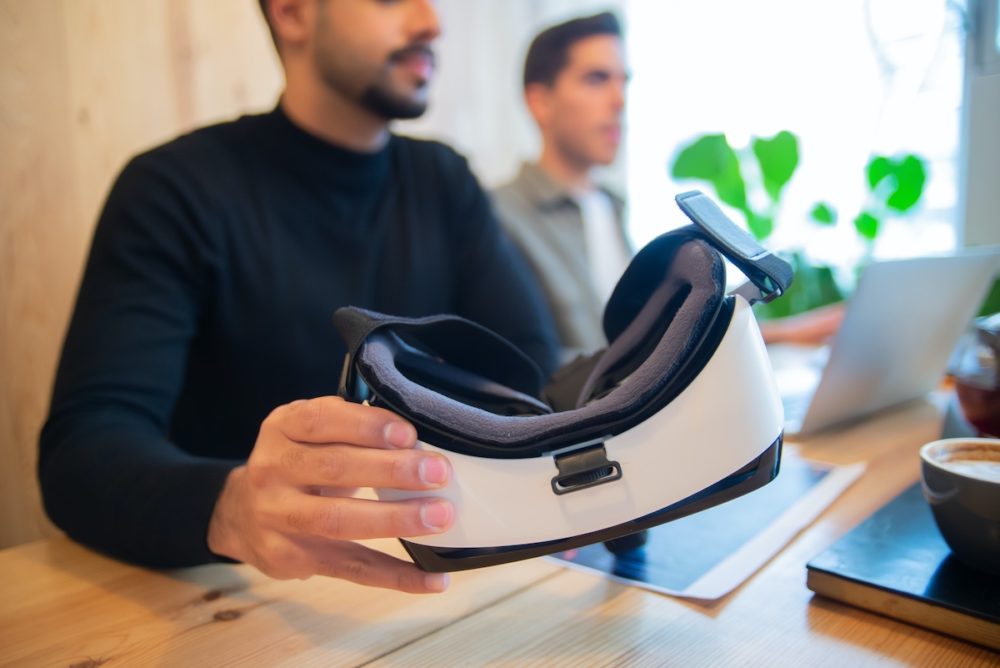Sure, we publish all kinds of articles about how the tech community and beyond could use the metaverse and Web3 tools. But how do they actually use it?
Accenture, the tech services giant with a presence in DC, recently polled a group of local residents about the ways they use the metaverse right now. Of 300 DC residents surveyed in August of this year, about 10% use the metaverse regularly. Simultaneously, 25% don’t know what it is but would like to know more, and 55% are familiar but have spent little to no time there.
Of those that are in the metaverse, well, here’s how they’re spending their time:
- 33% use it for virtual looks like makeup and hairstyling
- 31% use the metaverse for virtual events and experiences like concerts and sporting events
- 31% also use it for shopping for real-life products (this can mean browsing, getting advice or making payments)
- 29% are metaversing for the gaming power-ups (for example, avatars can receive power-ups when they buy a coffee)
- 27% are into virtual fashion in the metaverse, with clothes that can be worn by the avatars
- 27% also use the metaverse for video consultations with health experts, DIY professionals and more (this is more than regular videoconferencing)
- 26% use it for digital collectibles like NFTs
- 23% travel virtually in the metaverse
- 22% use the metaverse in conferencing for work
According to Oliver Wright, a senior managing director at Accenture, the findings in DC are consistent with what the entity is seeing around the country (over the last year, Accenture itself onboarded 150,000 employees via the “Nth Floor” metaverse). The information might also illuminate a huge growth of augmented and virtual reality in the retail space. On top of new ways to shop, travel and socialize, Accenture sees a chance for companies to grow revenue across multiple industries.
“In a world where digital has become as important as the physical, consumer-facing companies are challenged to create, shape and market products, services and experiences that can move between the physical and virtual worlds,” Wright told Technical.ly. “And they need to do this while coordinating a network of experts, skills and technologies to help make it happen. While commercial applications of [the] metaverse are still in their infancy, they will develop quickly because consumers already expect it. Successful consumer brands will be those that collaborate with consumers and the metaverse ecosystem to create digital products and services that meet these rapidly emerging needs.”







